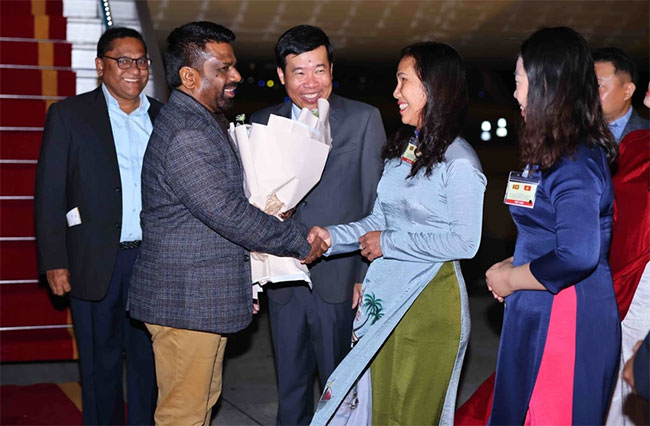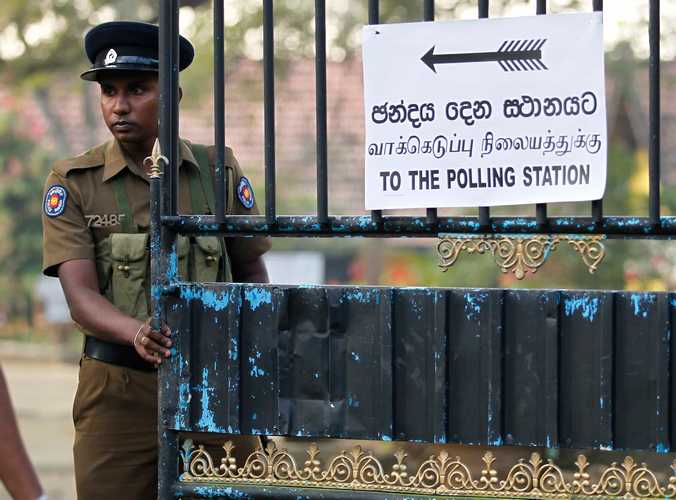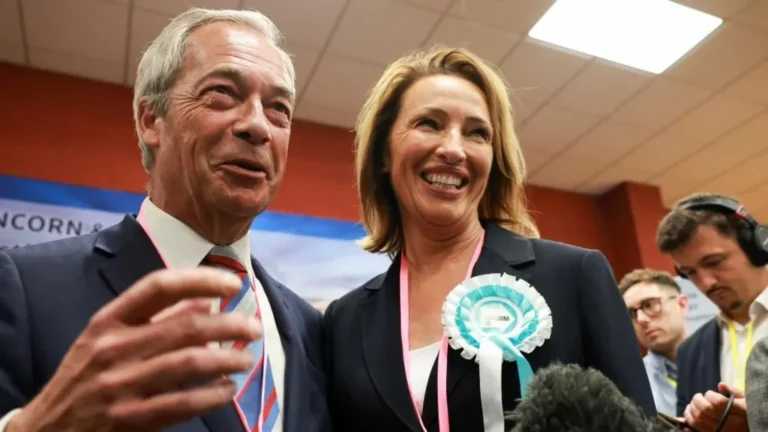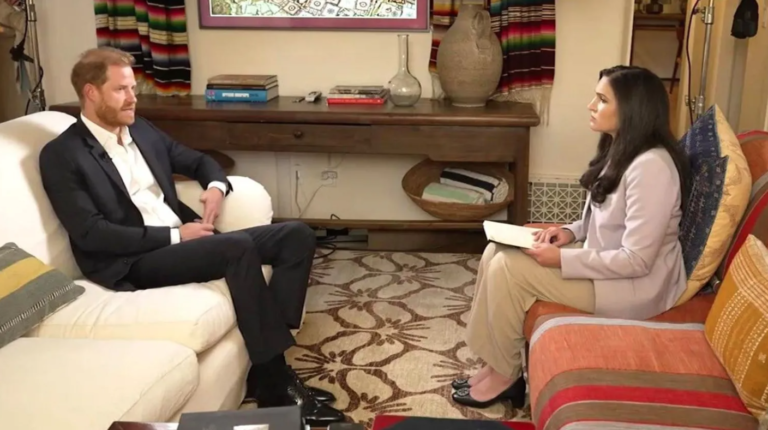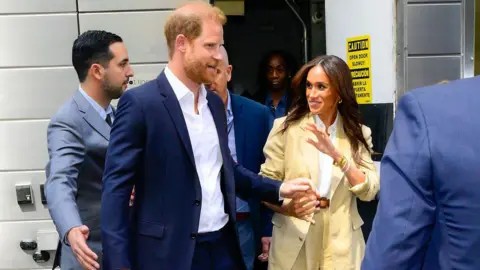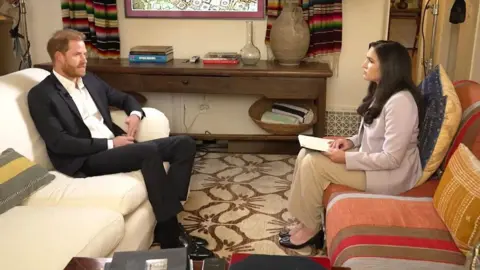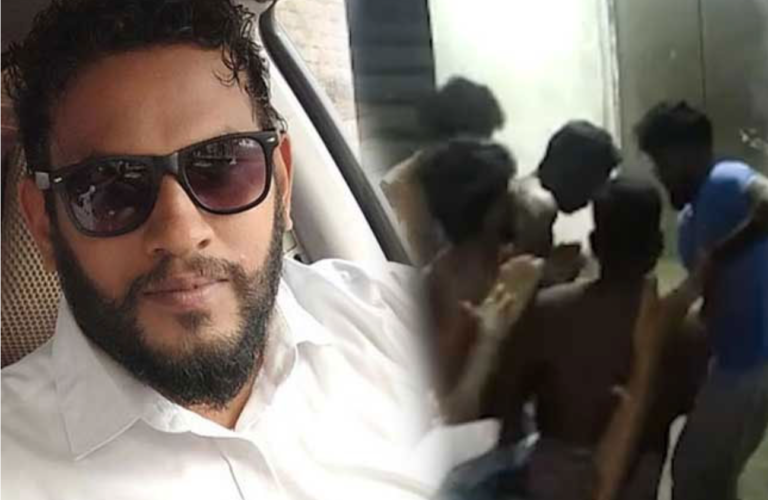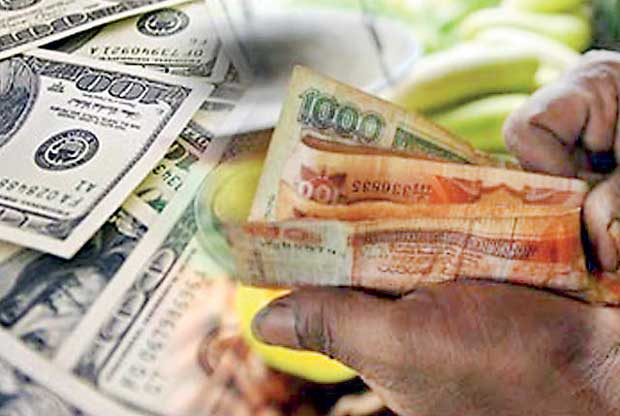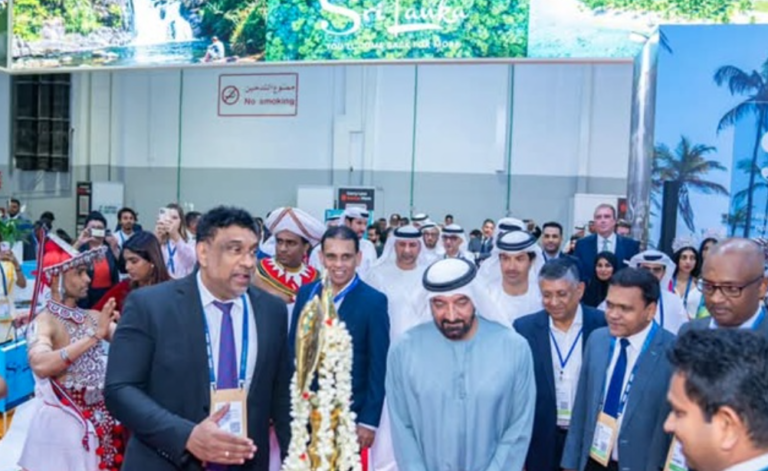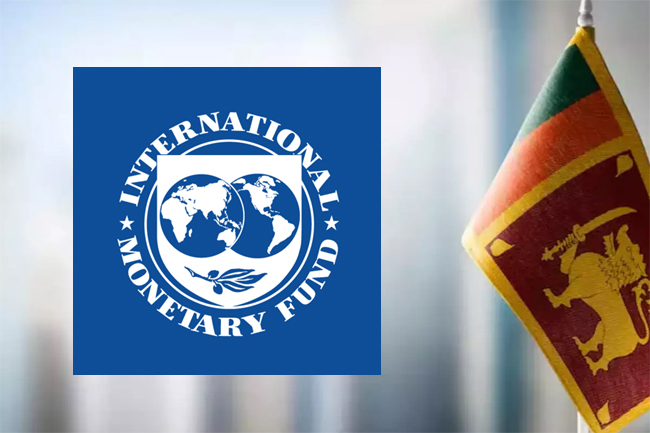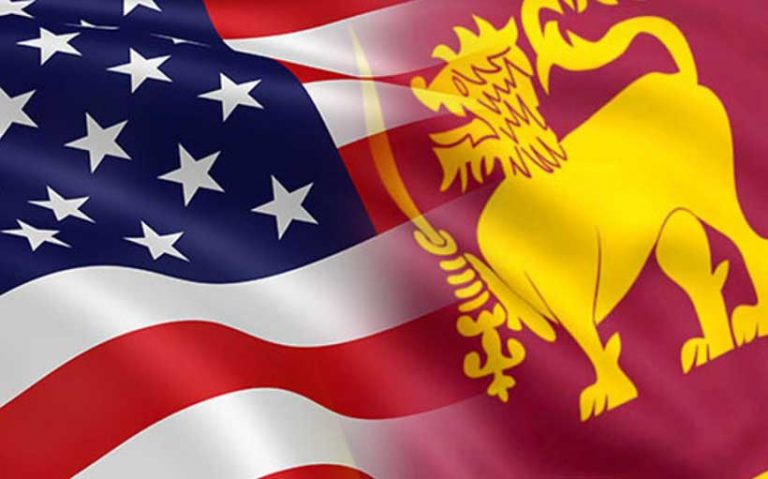By: Isuru Parakrama
May 04, Colombo (LNW): President Anura Kumara Dissanayake has arrived in Hanoi on the morning of May 04, embarking on a significant state visit to Vietnam that also includes participation in the 20th United Nations Day of Vesak commemorations.
The visit, taking place from May 04 to 06, comes at the invitation of Vietnamese President Luong Cuong and is being closely watched as a key moment in the evolving partnership between the two nations.
Upon his arrival at Noi Bai International Airport, President Dissanayake and his accompanying delegation were received with a formal welcome by Vietnamese dignitaries including Deputy Minister of Foreign Affairs Nguyen Manh Cuong, Deputy Minister of Ethnic and Religious Affairs Nong Thi Ha, Vietnam’s envoy to Sri Lanka Trinh Thi Tam, and Sri Lanka’s Ambassador in Hanoi, Poshitha Wewala.
This trip holds particular historical significance. It marks the first visit by a Sri Lankan head of state to Vietnam in over a decade and a half, with the last such visit occurring in 2009.
For President Dissanayake, who assumed office in September 2024, this journey symbolises his administration’s commitment to elevating Sri Lanka’s diplomatic engagement across Asia, especially with nations that have demonstrated sustained economic success and strategic independence.
Vietnam and Sri Lanka formally established diplomatic relations in July 1970. Since then, the two countries have cultivated a relationship marked by mutual respect, ideological affinity, and cooperation in numerous spheres.
Vietnam, in particular, is admired in Sri Lankan political circles for its post-war economic transformation, with many in Colombo viewing it as a potential blueprint for development in the Global South.
Sri Lanka’s recognition of Vietnam’s status as a full market economy underscores this respect.
In comments to the Vietnamese press ahead of the visit, Ambassador Trinh Thi Tam described the occasion as a valuable opportunity for both countries to reflect on their shared history and chart a course for future cooperation.
She highlighted that the visit falls during the celebration of the 55th anniversary of diplomatic ties, making it a timely moment to reinvigorate bilateral dialogue.
The state visit encompasses a broad array of engagements spanning politics, economic cooperation, and cultural exchange. High-level talks between the two presidents, as well as discussions with Vietnam’s Prime Minister and senior Communist Party officials, are set to form the backbone of the trip.
A series of agreements and memoranda of understanding are expected to be signed, laying the foundation for a more structured and mutually beneficial partnership.
A cultural highlight of President Dissanayake’s itinerary is his participation as Chief Guest and keynote speaker at the Vesak 2025 celebrations in Ho Chi Minh City. The United Nations Day of Vesak, an internationally recognised observance of the Buddha’s birth, enlightenment and passing, is particularly resonant for both Sri Lanka and Vietnam, given their deeply rooted Buddhist traditions.
The event is expected to draw religious leaders, scholars, and dignitaries from across the world, providing a platform for interfaith dialogue and spiritual diplomacy.
Dissanayake is accompanied by a high-level delegation including Foreign Minister Vijitha Herath and senior government officials, signifying the importance Colombo attaches to the visit.
Both sides have expressed confidence that the visit will usher in a new chapter of bilateral cooperation, with broader ambitions of promoting peace, economic connectivity, and sustainable development across the region.


